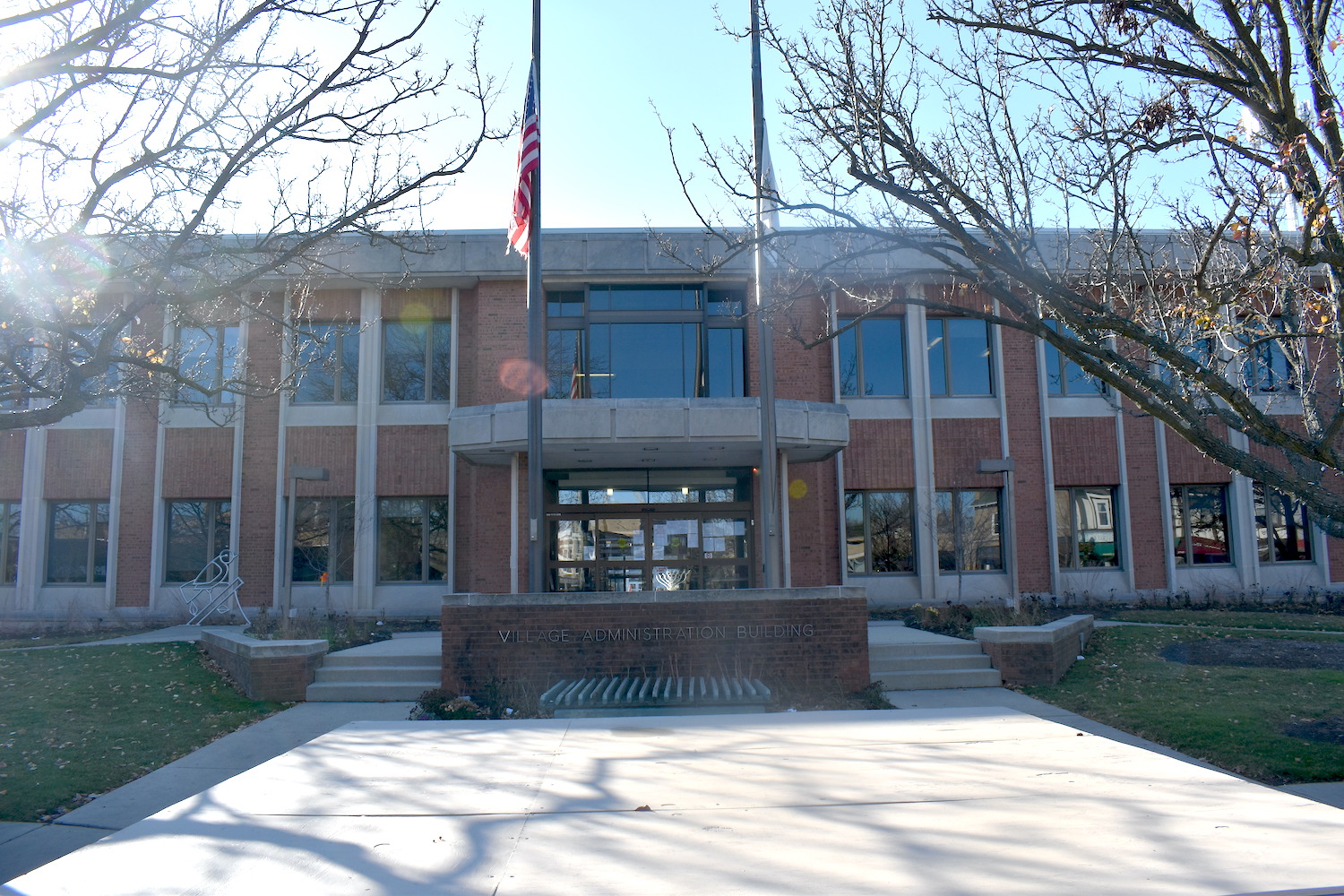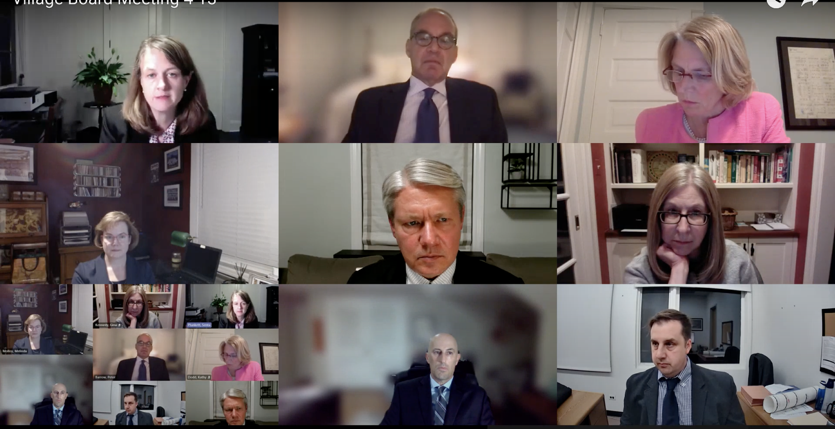
Wilmette may offer utility-bill assistance to residents, pushes back water shutoffs
Wilmette officials are looking at a fourth phase of the village’s economic relief program, this time with hope of assisting residents in need.
At their meeting Tuesday, April 13, trustees discussed four options for the remainder of previously approved funds dedicated to economic relief amid the COVID-19 pandemic.
The board showed initial support for an option that would provide one-time utility bill assistance for Wilmette residents. If approved, funds could aid more than 300 Wilmette residents with utility accounts that have past-due balances, officials said at the meeting.
“I do think (this program) sends a really good message from the board,” trustee Kathy Dodd said. “We’ve tried to do a lot for the businesses to keep them afloat. They’re important, but our residents are obviously as important. Doing something for them, I think, is something we as a board, or the next board, should really be considering.”
According to village documents, there are approximately 310 utility accounts with an average unpaid balance of $485 in Wilmette. Twenty-five of those accounts have unpaid balances between $1,000 and $2,855, documents show.
Melinda Molloy, Wilmette’s director of finance, said that in previous years Wilmette has not seen numbers that high. Fewer than 20 accounts of roughly 9,000 total were in shut-off status, meaning they had significant unpaid balances for periods of time before the pandemic’s onset, Molloy said.
Accounts eligible for this potential program will include ones that went past due after the beginning of the COVID-19 pandemic and are more than 30 days past due, officials said.
Two factors will determine eligibility: if individuals meet income guidelines based on the Emergency Housing Assistance Program, or if they “had other extenuating circumstances such as job loss,” according to village documents.
Residents receiving the assistance payment would not have to pay it back, according to the village.

Since the start of the pandemic in March of 2020, Wilmette has not shut off any resident’s water because of nonpayment, officials said. If this program were approved and went into effect, shut-offs would resume for those residents who do not meet eligibility requirements for the assistance program and are not still making payments.
Village officials estimated the cost of this program as $150,000, a total that reportedly exceeds the remaining amount of economic-relief funds that were approved last year by about $12,400.
Wilmette’s Village Board approved the original economic relief program on March 24 in the amount of $375,000, according to village documents.
In mid-April, officials approved an extension of the program to service-based businesses for an additional $156,000.
Through the first two phases of the program, Wilmette disbursed $276,365, documents show.
Trustees in mid-November approved a third use of remaining funds for economic support designers to assist Wilmette restaurants following the state’s implementation of mitigation measures that most closely affected eateries.
Officials have so far approved $531,000 of funds available through the program. As of publication time, $393,391 has been distributed through the program, leaving $137,608 still available.
Additional options proposed by village staff include a sales tax rebate for nonrestaurant and service businesses, a liquor license reimbursement, and a sales tax reimbursement for businesses located in the Village Center zoning district — which is the area commonly known as downtown Wilmette — because of the ongoing construction.
No decision was made at the meeting, but trustees all signaled support for the utility bill assistance program, which was also the recommended option from village staff.
Officials expressed hope for a start date sometime in the summer.
“Maybe this is a summer start — a July 1 start … we’re really not quite out of this (pandemic) yet,” Village President Bob Bielinski said. “The unemployment numbers that were in manager’s notes have improved quite dramatically but we’re still not quite out of this. If staff can figure out a way to make this work that (so) this gets extended a little bit into the future, that probably seems to make sense.”
Bielinski and other members of the board said the desire to wait is not rooted in sending money out, but rather waiting to restart any potential utility shut-offs that may occur as part of reinstating shutting down water.
Water shut-offs were supposed to begin again this month, Molloy said
“That’s really were we were supposed to be at, and this is why we’re coming before the board with this because the number of people that we are talking about and the number of people that could be impacted and affected by this is substantial,” she said.
But despite any uncollected revenue, officials want to avoid water shut-offs as much as possible.
“Our goal is to really avoid shutting off water right now to anybody who has an inability to pay,” Village Manager Mike Braiman said. “I think that is the worse thing we could do if someone can’t make payments and we want to focus on those individuals as quickly as we can.”
The board recommended that staff fine tune the program and return with something that is “more clear on some of the mechanics.”
The Record is a nonprofit, nonpartisan community newsroom that relies on reader support to fuel its independent local journalism.
Become a member of The Record to fund responsible news coverage for your community.
Already a member? You can make a tax-deductible donation at any time.

Martin Carlino
Martin Carlino is a co-founder and the senior editor who assigns and edits The Record stories, while also bylining articles every week. Martin is an experienced and award-winning education reporter who was the editor of The Northbrook Tower.


